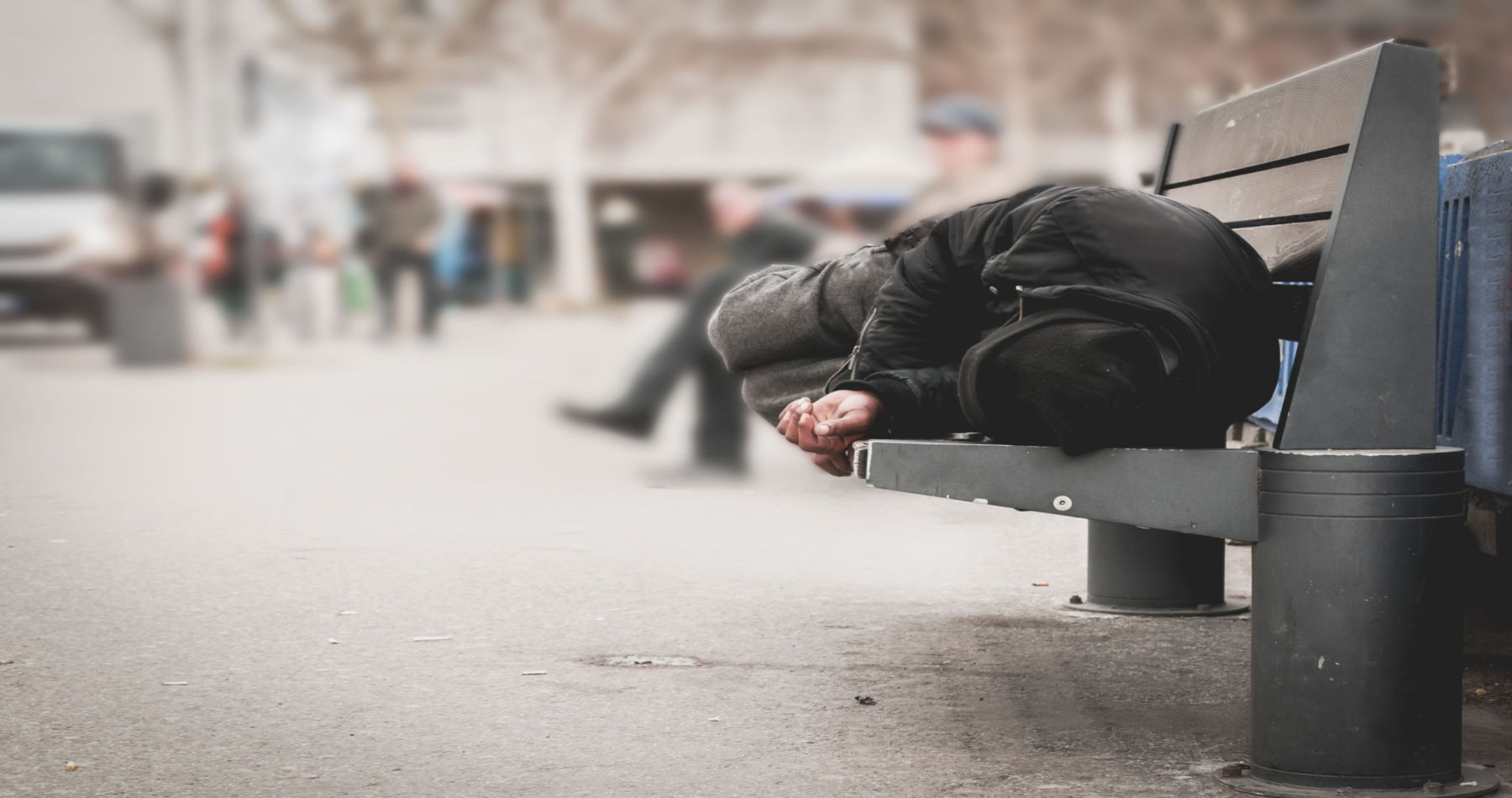Buying and selling your home with Moving Buddies can make a difference. 10% of all proceeds go to homeless charities. Learn More
Moving Buddies donate 10% of ALL profits to homeless charities. So even buying and selling your home with Moving Buddies will make a difference! We believe everyone should have a place to call home. Last Sunday (18th Dec) we went out giving out boxes full of essentials to the homeless people of Manchester.
According to the GOV.UK website, there were 2,440 people estimated to be sleeping rough on a single night in autumn 2021. Nearly half (45%) of those were in London and the South East. Most people sleeping rough in England were male, aged over 26 years old and from the UK. Households facing the cost of living crisis could push even more people to the brink of homelessness.
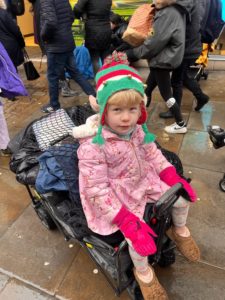
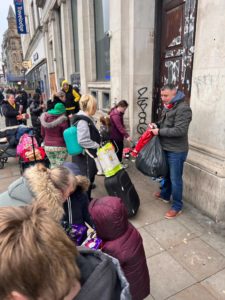
Types of homelessness
Rough Sleeping
This is the most visible and dangerous form of homelessness. The longer someone experiences ‘rough sleeping’ the more likely they are to experience challenges around trauma, mental health and drug misuse.
Statutory Homelessness
Local authorities have a duty to secure a home for some groups of people. Every year, tens of thousands of people apply to their local authority for homelessness assistance.
To be legally defined as homeless you must either lack a secure place in which you are entitled to live or not reasonably be able to stay. However, in order to receive assistance under the main homelessness duty, there are further strict criteria that you must meet. Local authorities may initially provide temporary accommodation to households who meet these criteria, mainly families with children.
Hidden Homelessness
Many people who are not entitled to help with housing, or who don’t approach their council for help, aren’t included in the official statistics. Many people stay in hostels, squats or B&Bs, in overcrowded accommodation or ‘concealed’ housing; this might be the floors or sofas of friends and family.
At Risk Of Homelessness
Some people are more at risk of being forced into homelessness than others. People in low paid jobs, living in poverty and poor quality or insecure housing are more likely to experience homelessness.
Buying and selling your home with Moving Buddies will make a difference as 10% of all profits go towards fighting homelessness!
Take a look at some of the Homelessness figures across the UK:
- In terms of street homelessness, official rough sleeping statistics showed the number of people living on the streets fell in England during the Covid-19 pandemic. An estimated 2,440 people were found to be sleeping rough. These were counted on a single night in autumn 2021.
- This is down by 250 people or 9% from 2020; almost half the peak recorded in 2017. It still remains 670 people or 38% higher than in 2010.
- The majority of people sleeping rough in England are male, aged over 26 years old and from the UK.
- The Office for National Statistics found men who are living on the street outnumber women at a ratio of six to one.
- The London-only Combined Homelessness and Information Network (CHAIN) figures are considered to be more accurate than the official count. The most recent annual count showed 8,239 rough sleepers were spotted on London’s streets between April 2021 and March 2022. That was down by a quarter on the 11,018 recorded in the previous year.
- However, the most recent Chain figures show that more people are heading on to London’s streets. Just under 3,000 people were spotted by frontline workers between April and June 2022. That’s 10 per cent higher than the previous quarter between January and March.
- In Wales, the most recent count showed 119 people were sleeping rough in July 2022.
- Scotland’s 2021/22 count showed 2,129 households reported sleeping rough in for three months before making a homelessness application to their local council. 1,304 households said they’d been rough sleeping the night before.
- For Wales, the latest statutory homelessness figures showed 11,704 households were assessed as homeless or owed a duty by local councils to help them into secure accommodation between April 2021 and March 2022. That an 11 per cent decrease on the number of households who needed support in 2020/21
- Scotland’s latest official homelessness statistics showed 28,882 households were recorded as homeless in 2021/22, up from just over 28,000 in the previous year. That includes 32,592 adults and 14,372 children. The Big Issue
We want to help! Learn how buying and selling your home with Moving Buddies will speed up the process and help you menage the process in one place.
Reasons For Homelessness
People who sleep rough do so for many reasons. Often it is down to lack of secure accommodation and co-existing health issues or other vulnerabilities. There are social causes of homelessness, such as a lack of affordable housing, poverty and unemployment; and life events which push people into homelessness. People are forced into homelessness when they leave prison, care or the army with no home to go to. Many women experiencing homelessness have escaped a violent or abusive relationship. And for many, life events like a relationship breaking down, losing a job, mental or physical health problems, or substance misuse put people under considerable strain. Being homeless can, in turn, make many of these problems even harder to resolve.
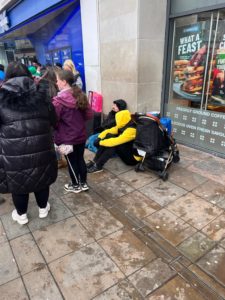

Our Homeless Kits
Last Sunday, we handed out homeless boxes in Manchester. Included in the boxes are essentials like a watertight box, thermal socks, underwear, toothpaste, tooth brush, chocolate, mints, deodorant, sanitary protection, gloves and even thick winter coats.
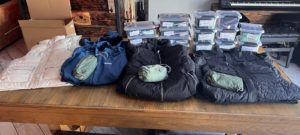

Learn how Buying and selling your home with Moving Buddies helps you get started on essential tasks earlier with a personal portal dedicated to you and your sale, purchase or remortgage.
